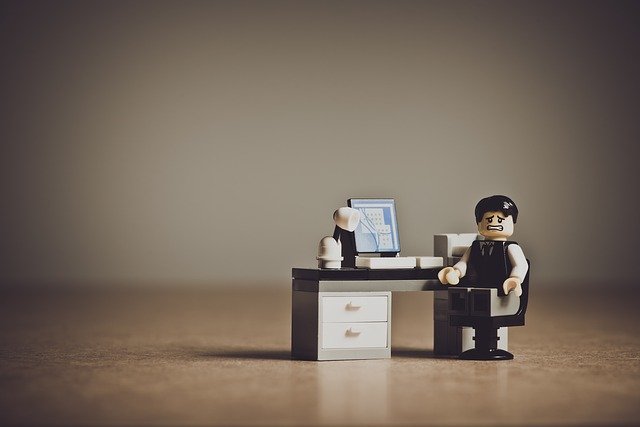What steps are you taking to arrest despair?
I ask, because in a time of social-distancing, physical-distancing, isolation, and quarantine, we are at greater risk of loneliness, which has serious implications.
You see, we are wired with a fundamental need to connect with and feel accepted by others. This can explain why some of us are willing to risk the suggested guidelines, rules, and even laws regarding “stay-at-home.”
When social-distancing interrupts this need from being met (because of lack of opportunities to maintain or create supportive relationships), it can have a powerful and detrimental effect on our physical and psychological health: loneliness, loss, and despair.
Researchers Louise C. Hawkley, PhD and John T. Cacioppo, PhD, describe loneliness as a distressing feeling equivalent to physical pain. Their study, published in 2010, found that left untended, loneliness has serious consequences for cognition, emotion, behavior, and physical health. Loneliness can even shorten our life expectancy.
Understand Despair
In psychology, despair is the feeling of hopelessness: that things are profoundly wrong and will not change for the better. Despair is one of the most negative and destructive of human affects. During difficult times, despair is common.
Typically, despair dissipates over time as a crisis is resolved. But when a crisis goes on for an extended period of time and despair doesn’t dissipate, it becomes chronic: it impairs our functioning and quality of life. When such despair is profound—when we feel existentially helpless, powerless, and pessimistic about the future—we may be experiencing clinical despair: we feel hopeless about life and the future.
Arrest Despair
Viktor Frankl, an existential psychiatrist and concentration camp survivor, described despair as meaningless suffering, and created a simple formula to identify it: despair equals suffering without meaning: D=S-M. Finding meaning can arrest despair.
For example, recognizing self-defeating behavior and taking steps to correct the behavior can create meaning. Similarly, when clinical despair stems from undiagnosed clinical depression or bipolar disorder, the meaning (or reason) for suffering is identified. Of course, in either example, when despair persists despite treatment, additional support is required.
As C.G. Jung once said, “We cannot change anything unless we accept it.”
If we are ignoring, or denying our loneliness, sadness, anxiety, or despair, we are cutting off our true selves, and drifting toward clinical despair and depression.
Instead, we must recognize feelings and loss: our circumstances, thoughts, and feelings. This often requires great courage. And you don’t have to do it alone. A qualified coach, social worker, therapist, or doctor can help, and many are now available for video or virtual sessions.
While it may serve the valuable purpose of survival for a period of time, clinging to false hope (I wrote about this in my last post, here) ultimately prevents us from moving past the despair of trauma.
What do you think? What steps are you taking to arrest despair? Let me know how I can help. I can be reached here, on LinkedIn, or give me a call: 561-582-6060.

Did You Enjoy This Article?
Join thousands of other smart business owners like yourself & get our Proffittable Times newsletter.
It's filled with actionable content you can apply immediately.
Sign up now to get started!
– Coach Nancy










